Mr. Ronson, over the last 15 years you have worked as a producer for numerous artists, including Amy Winehouse, Adele, and Paul McCartney. In what moment do you realize that a track you’re working on will be a success?
I never know that when I’m working on it. You can only go by the energy in the room. Sometimes there are songs that can turn out to be really great, but whenever you’re working on them it feels like work. You’re like, “Ugh, what’s the next chord?” And those songs can turn out to be successes too, but every now and then you’re lucky enough to have something that just sort of comes quite easily and everybody in the room is like, “Whoa, this is really good, right?”
So that feeling doesn’t come with experience?
I don’t think I would be a good record company A&R person because if you played me five songs and said, “Which one of these is going to be the new Avicii hit?” I don’t think I would know. I just know when I hear something and the hairs all stand up and that’s it. But you can also still have a great record, and there’s a hundred other reasons why it doesn’t become a hit. Maybe you released it the wrong week or somebody bigger than you came out or whatever it is.
Having achieved success as a producer, does it bother you that your own albums haven’t been so well received?
You know, I’m very aware of my place in music. Of course I’m never going to be Amy Winehouse or Bruno Mars or an amazing performer that you’re going to want to see live and all this. I know with my own records that, in a way, I’m fortunate that I even get to make them.
So why do you make them?
There are a lot of ideas and songs and concepts that I want to get out that I wouldn’t necessarily be able to indulge in on somebody else’s record. But I’m still convinced that my main job is probably producing records for other people. If I didn’t produce records for other people, nobody would care about my own records anyway. I also knew that my new record had to be great because my last record didn’t do that well. It had been four years and obviously people’s tastes change so much in this industry. They’ll say, “Oh, you’re last year, sorry.”
What makes you a good producer?
I don’t know. Maybe because I actually care about a lot of things that have become a forgotten art form. I care about recording live musicians, I care about analog, I care about all these beautiful things that people don’t really take the effort to do anymore. I can make music with live musicians that still sounds good in the club because I know how to record and mic the stuff in the same way that they did in the ’60s and ’70s. When I record drums, it sounds like Michael Jackson and Chaka Khan and not the Red Hot Chili Peppers. There’s nothing wrong with the Red Hot Chili Peppers, but for dance music it’s not supposed to sound like that. There’s probably also a certain amount of subjective things, like taste, that go into it. You also have to surrender your ego when you’re producing a record for somebody else.
Does that come naturally for you?
When someone challenges you, your first instinct as a producer is to be like, “Hey, what do you know, kid? I’m the producer!” When I was working on Bruno Mars’ second album, it was the first time I worked with somebody so much younger than me where quite often he had arrangement ideas or production ideas that were better than mine. He’ll just say some idea like, “Oh, I think the horn line should go like this,” and it’s like, “Fuck, he’s right.” That’s kind of amazing too because as much as it might hurt your pride for two minutes, the song is going to be that much better because someone came in with a better idea.
And in the end a producer’s job is often about getting the most out of an artist’s potential.
Yeah, that’s a similarity with all good producers: being able to deal with the sensitive emotions of artists and being able to bring really great things out of them. You have to almost be a coach, in a way. You have to make them feel like they’re incredible so that when they go in the booth to record the guitar, the vocals, or whatever it is, they really feel like they are larger than life. That’s the time you’re going to get their confidence up there and get a beautiful performance. But you have to know when to not push it to too far because if something shatters their confidence you’re done for the day.
Do you have a method for getting people into the right mindset? It must be quite a stretch working with people as different as Ghostface Killah and Paul McCartney.
Sometimes when I’m hearing something for the first time, I can hear what’s really special about that artist and it makes me excited. You play to that special superpower. You find that thing that you love about them and that makes them great and you accentuate that. I haven’t really thought about a precise concept since it’s certainly not the same for everybody. A lot of artists are incredibly fragile. Even if they seem like they’re the biggest star on stage, they can have the most massive insecurities – that’s just being human. And then there are others that don’t need a huge amount of coaching and you don’t need to say anything. They just get in front of the mic and give you an amazing performance.
How difficult is it to criticize Paul McCartney?
Obviously in this case you’re working with someone who is a genuine legend in every sense of the word: as a singer, as a songwriter, as a performer, as a musician, as a producer himself… But at the same time, they hired you because they want you to help them make the best record that they can, so if that means saying, “I think we need to do it again,” then that is what I have to do. You have to grab the bull by the horns.
Does the fact that you’ve made a name for yourself help the dynamic between you and the talent?
Well, Paul McCartney is not going to look equally at anyone – and I wouldn’t expect him to. But, sure, there is a benefit. It would be silly to say it’s not beneficial to have success. That equals validation, which gives you a little more confidence and security that your choices have weight.
You’ve been doing this for a while now and you will be 40 soon. Is there a danger that you will miss out on the zeitgeist the older you get?
Part of the reason it took me this long to make my new album was because I didn’t know what I was supposed to be making. To be honest, I was having a bit of an identity crisis. With dance music, electronic music, there are young 24 or 25-year-olds making music that is mind-blowing. That’s what kids want to go out and hear. But I remember when I used to watch MTV as a kid, you’d see Tom Petty or Bruce Springsteen or Tina Turner. Those were amazing pop songs and you weren’t thinking, “Ew, they’re so old, this isn’t for me.”
So what was your conclusion?
I just realized that I had to just make the best music that only I could make, with whatever I think my talents are as a producer. We think of music as a young person’s game, but some of the biggest records of the past little while, whether it’s Pharrell or Daft Punk, everybody’s over 40. I think pop music is cyclical. There’s always going to be bubblegum eras and stuff where it’s all about teenyboppers, but recently it has become increasingly younger and younger, and maybe now it’s just going through one of those phases where people are just like, “If it’s good, we want it.”
Do you feel your identity crisis is over?
For now. For the next six months, probably.
Return to Top

Short Profile
Name: Mark Daniel Ronson
DOB: 4 September 1975
Place of Birth: St. John's Wood, London, England
Occupation: Music Producer
Mark Ronson’s latest album Uptown Special is out now.
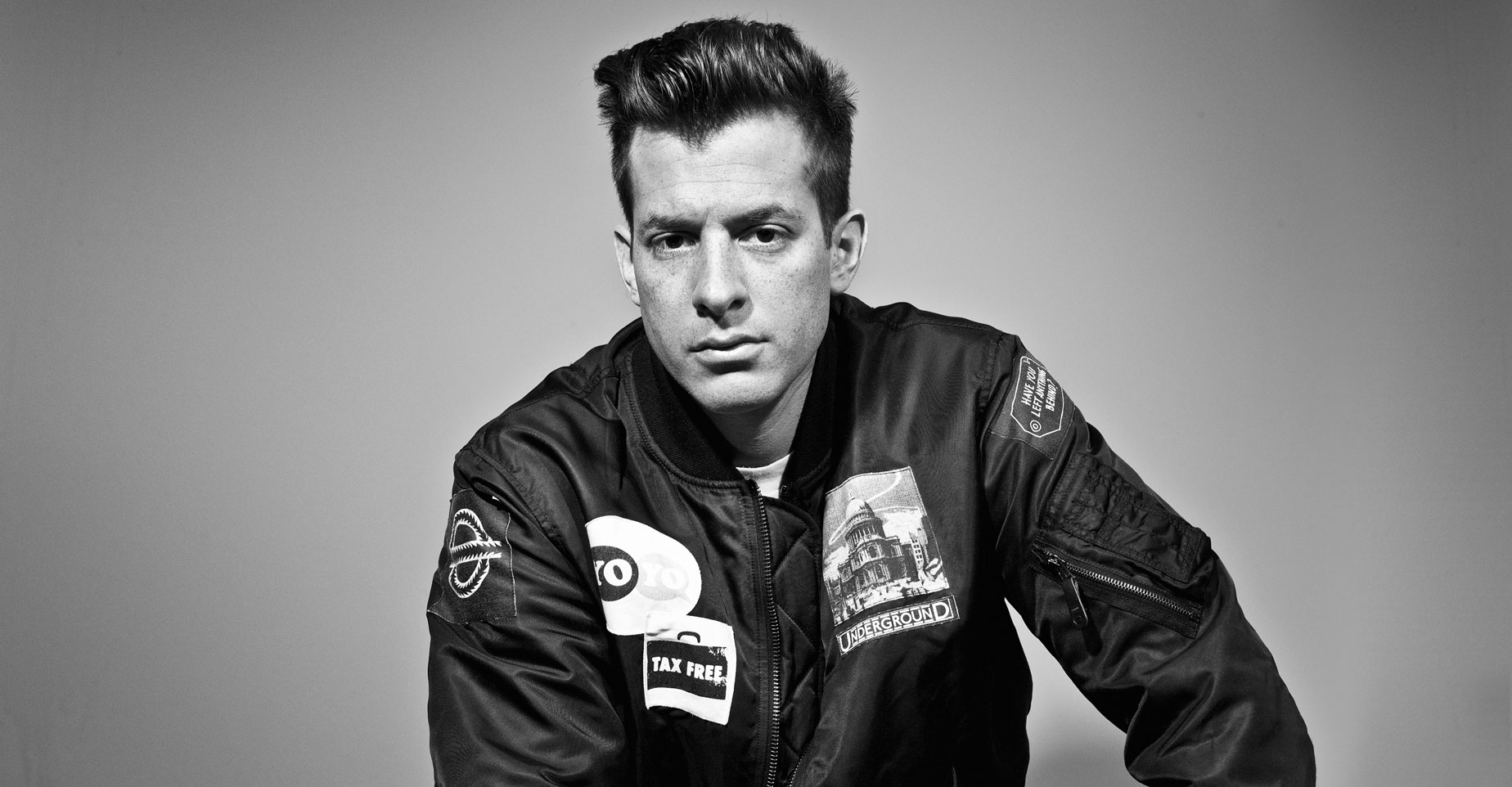
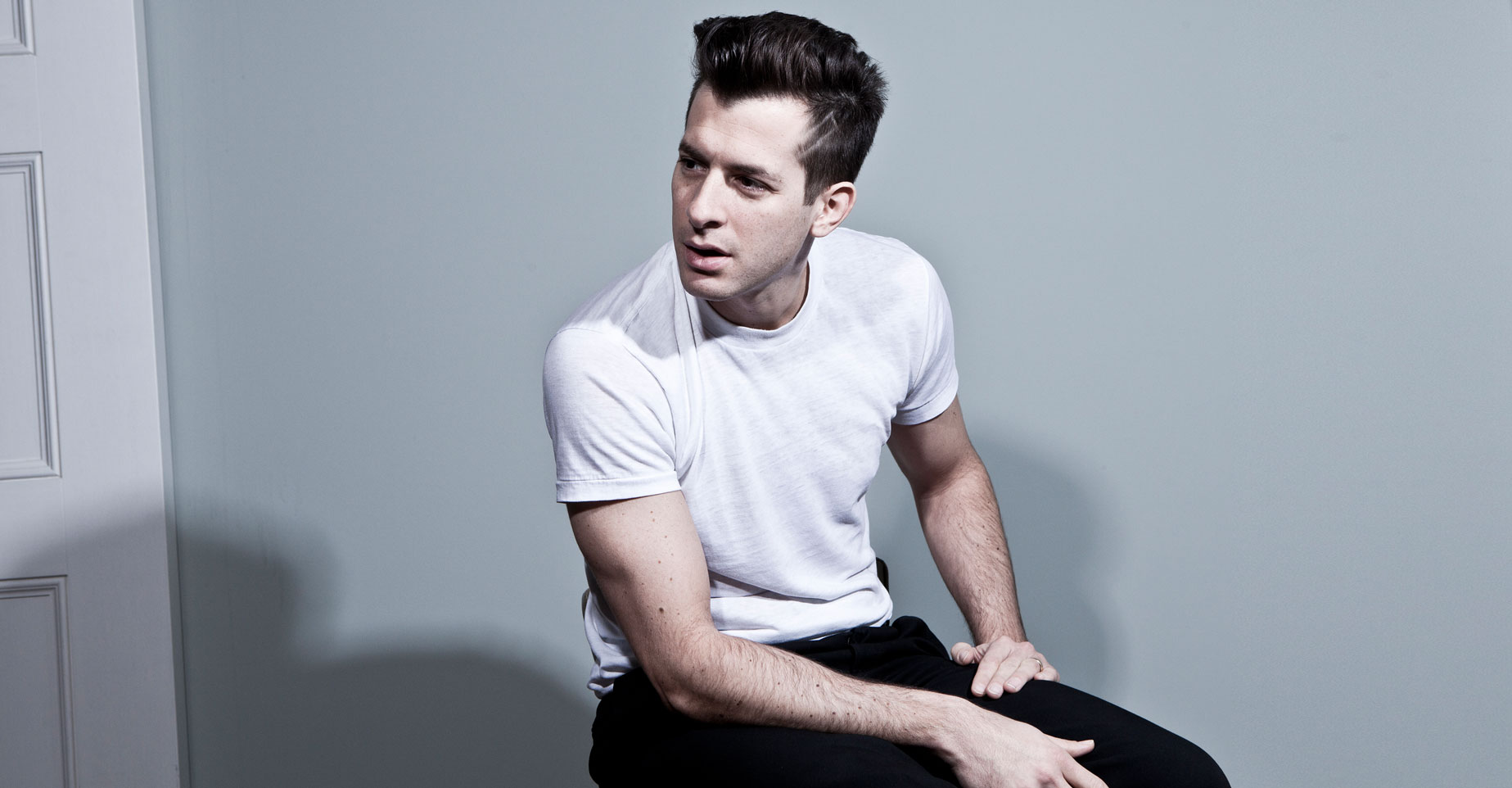
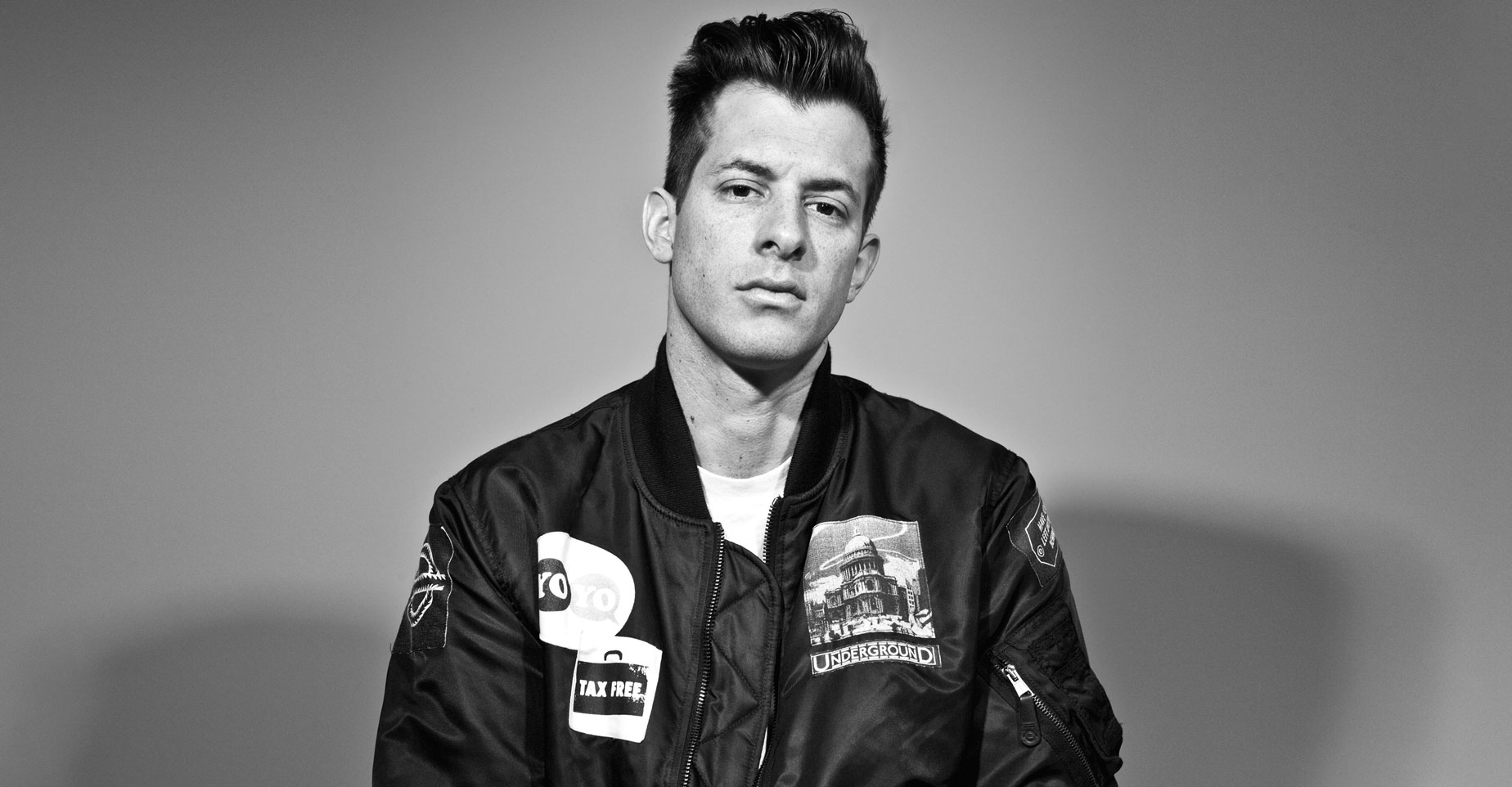
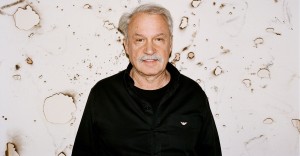
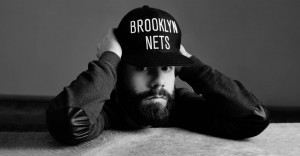


















Comments
write a comment, read comments